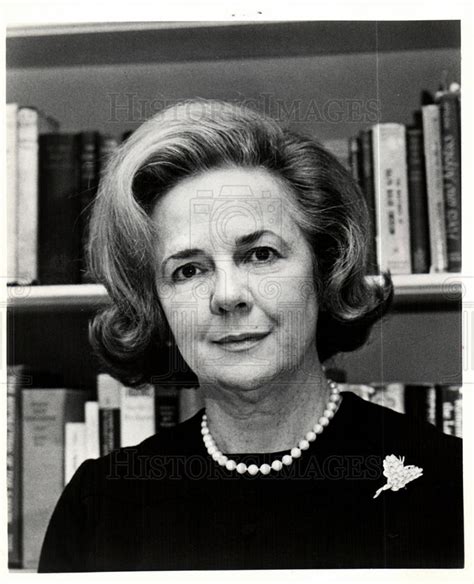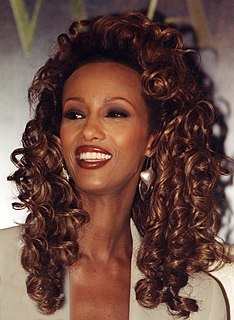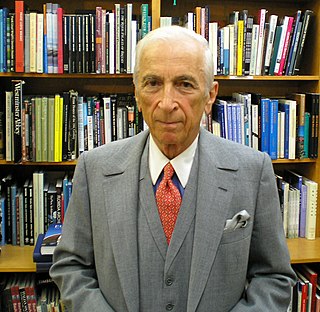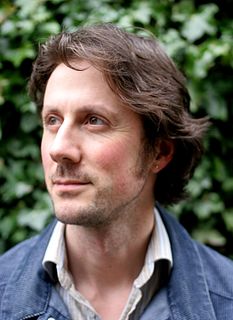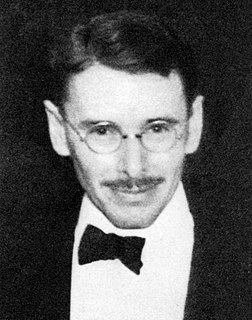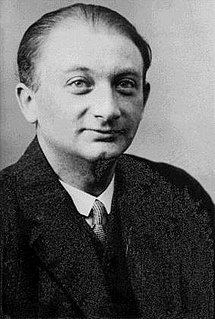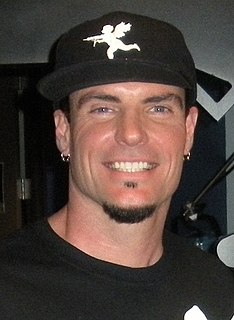A Quote by Abigail McCarthy
By the very fact of public life, one seems to lose humanity in people's eyes.
Related Quotes
What does interest me is how difficult my culture seems to find it to look the dark side of life directly in the eye. It seems to me that if we look back at mediaeval culture, for example, we see a society which faces the reality of death and pain and limitation, because it has to. Our society, which is progressive and technological and seems to have a slightly fanatical utopian edge to it, gets very uncomfortable when anybody highlights the dark side of humanity, or the world we have built, or what we are doing to the rest of life on Earth.
If I'm playing music in front of people, I'll lose days to nerves like really wasted days of just like being terrified. And then when I get out there, generally speaking, I enjoy it very much. But it seems to be I have to accept the fact that that's just part of the deal for me. And I can't just run on and do it.
In fact, people seem to be tired of fiction now. There are so many other ways of exploring humanity - by ethnology, psychoanalysis, and so on. It's a little boring to make up stories. So many people think that it's better to be very close to reality and to recount one's life as it is rather than to fictionalize, as they say, that is to transpose, and therefore to cheat.
We lose in depth of expression when we go to inferior animals for comparisons with human beauty. Homer calls Juno ox-eyed; and the epithet suits well with the eyes of that goddess, because she may be supposed, with all her beauty, to want a certain humanity. Her large eyes look at you with a royal indifference.
It seems to me that the thing that makes the theater worthwhile is the fact that it attracts so many people with ideas who are constantly trying to share them with the public. Real art is illumination. It gives a man an idea he never had before or lights up ideas that were formless or only lurking in the shadows of his mind. It adds stature to life.
His (Lenin's)humanitarianism was a very abstract passion. It embraced humanity in general but he seems to have had little love for, or even interest in, humanity in particular. He saw the people with whom he dealt, his comrades, not as individuals but as receptacles for his ideas. On that basis, and no other, they were judged. He judged man not by their moral qualities but by their views, or rather the degree to which they accepted his.
Although the noise of the chattering clientele is much more significant than the topics of their chatter, it does finally constitute that type of social and indistinct expression that we refer to as rhubarb. The very particular volume in which people tell each other their news seems to generate all by itself that acoustic chiaroscuro, a sounding murk, in which every communication seems to lose its edges, truth projects the shadow of a lie, and a statement seems to resemble its opposite.
